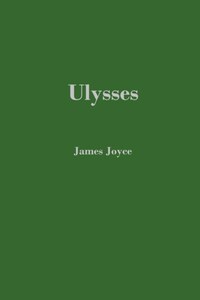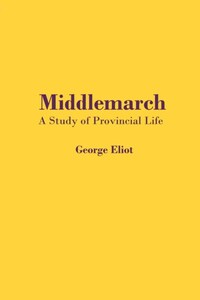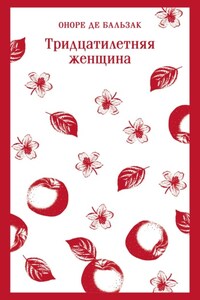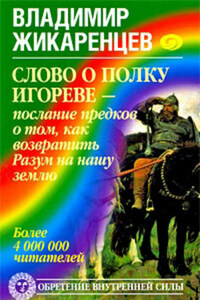CHAPTER I.
MARK NELSON'S FAMILY
"I wish I could pay off the mortgage on my farm," said Mark Nelson soberly, taking his seat on the left of the fireplace, in the room where his wife and family were assembled.
"Have you paid the interest, Mark?" asked his wife.
"Yes; I paid it this afternoon, and it has stripped me of money completely. I have less than five dollars in my pocketbook toward buying you and the children clothes for the winter."
"Never mind me," said his wife cheerfully. "I am pretty well provided for."
"Why, mother," said Sarah, the oldest daughter, a girl of fourteen; "you haven't had a new dress for a year."
"I have enough to last me till spring, at any rate," said the mother.
"You never buy anything for yourself."
"I don't go in rags, do I?" asked Mrs. Nelson, with a smile.
Mrs. Nelson had a happy disposition, which led her to accept uncomplainingly, and even cheerfully, the sacrifices which, as the wife of a farmer in poor circumstances, she was compelled to make.
"You are right, Sarah," said Mark Nelson. "Your mother never seems to think of herself. She might have been much better off if she had not married me."
The children did not understand this allusion. They had never been told that their mother had received an offer from Squire Hudson, the wealthiest man in the village, but had chosen instead to marry Mark Nelson, whose only property was a small farm, mortgaged for half its value. Her rejected admirer took the refusal hard, for, as much as it was possible for him, he loved the prettiest girl in the village, as Mary Dale was generally regarded. But Mary knew him to be cold and selfish, and could not make up her mind to marry him. If she had done so, she would now be living in the finest house in the village, with the chance of spending the winter in New York or Boston, instead of drudging in an humble home, where there was indeed enough to eat, but little money for even necessary purposes. She had never regretted her decision. Her husband, though poor, was generally respected and liked, while the squire, though his money procured him a certain degree of consideration, had no near or attached friends.
To Squire Hudson many in the village paid tribute; for he held mortgages on twenty farms and buildings, and was strict in exacting prompt payment of the interest semi-annually. It was he to whom Mark Nelson's farm was mortgaged for two thousand dollars. The mortgage had originally been for fifteen hundred dollars, but five years before it had been increased to two thousand, which represented more than half the sum which it would have fetched, if put up for sale. The interest on this sum amounted to a hundred and twenty dollars a year, which Mark Nelson always found it hard to raise. Could he have retained it in his hands, and devoted it to the use of his family, it would have helped them wonderfully, with Mrs. Nelson's good management.
Tom, the oldest boy, now approaching his sixteenth birthday, looked up from a book he was reading. He was a bright-looking boy, with brown hair, a ruddy complexion, and dark-blue eyes, who looked, and was, frank and manly.
"What is the amount of your interest?" he asked.
"Sixty dollars every half-year, Tom. That is what I paid to Squire Hudson this afternoon. It would have made us very comfortable, if I only could have kept it."
"It would have done you more good than the squire," said Sarah.
"He has more money than he knows what to do with," said her father, almost complainingly. "It seems hard that money should be so unevenly distributed."
"Money is not happiness," said Mrs. Nelson quietly.
"No; but it helps to buy happiness."
"I don't think Squire Hudson is as happy a man as you, Mark."
Mark Nelson's face softened as he surveyed his wife and children.
"I am happy at home," he said, "and I don't think the squire is."
"I am sure he isn't," said Tom. "Mrs. Hudson is sour and ill-tempered, and Sinclair – the only child – is a second edition of his mother. He is the most unpopular boy in the village."
"Still," said the farmer, not quite convinced, "money is an important element of happiness, and a farmer stands a very poor chance of acquiring it. Tom, I advise you not to be a farmer."
"I don't mean to be if I can help it," said Tom. "I am ready for any opening that offers. I hope some day to pay off the mortgage on the farm, and make you a free man, father."
"Thank you for your good intentions, Tom; but two thousand dollars is a large sum of money."
"I know it, father; but I was reading in a daily paper, not long since, of a boy, as poor as myself, who was worth twenty-five thousand dollars by the time he was thirty. Why shouldn't this happen to me?"
"Don't build castles in the air, Tom," said his mother sensibly.
"At least, mother, I may hope for good luck. I have been wanting to talk to you both about my future prospects. I shall be sixteen next week, and it is time I did something."
"You are doing something – working on the farm now, Tom."
"That don't count. Father advises me not to be a farmer, and I agree with him. I think I am capable of making my way in the world in some other way, where I can earn more money. There is Walter, who likes the country, to stay with you."














